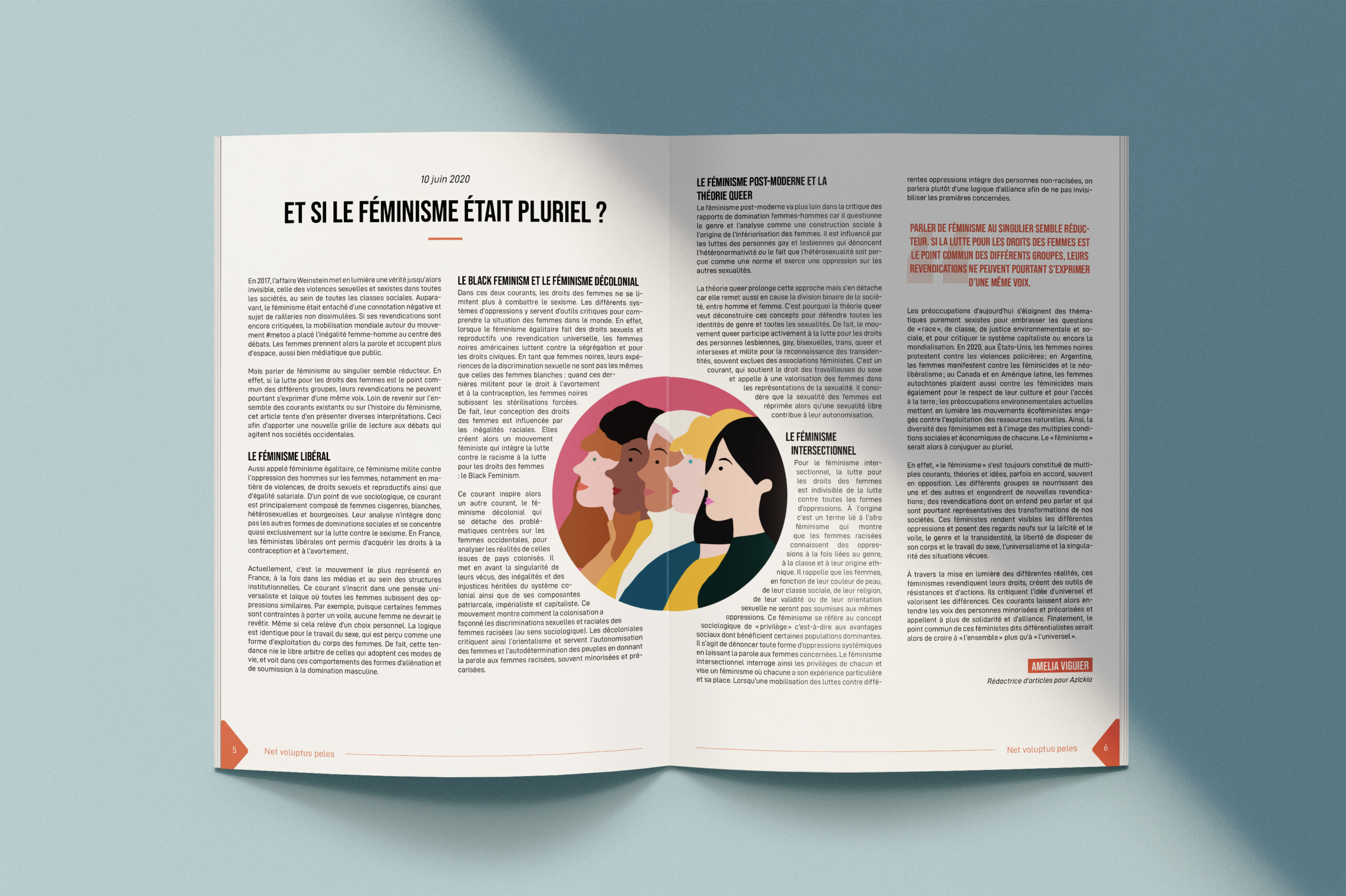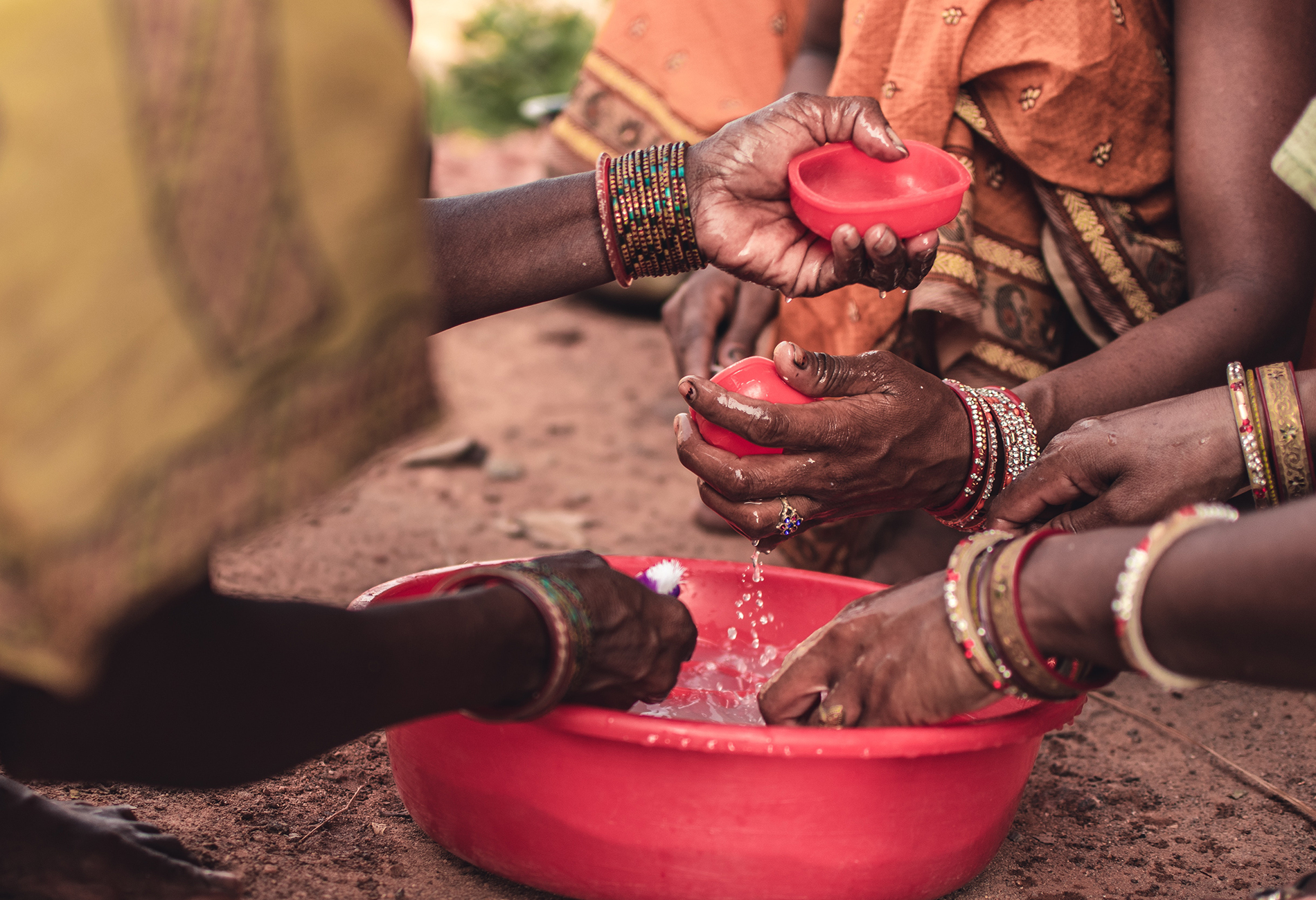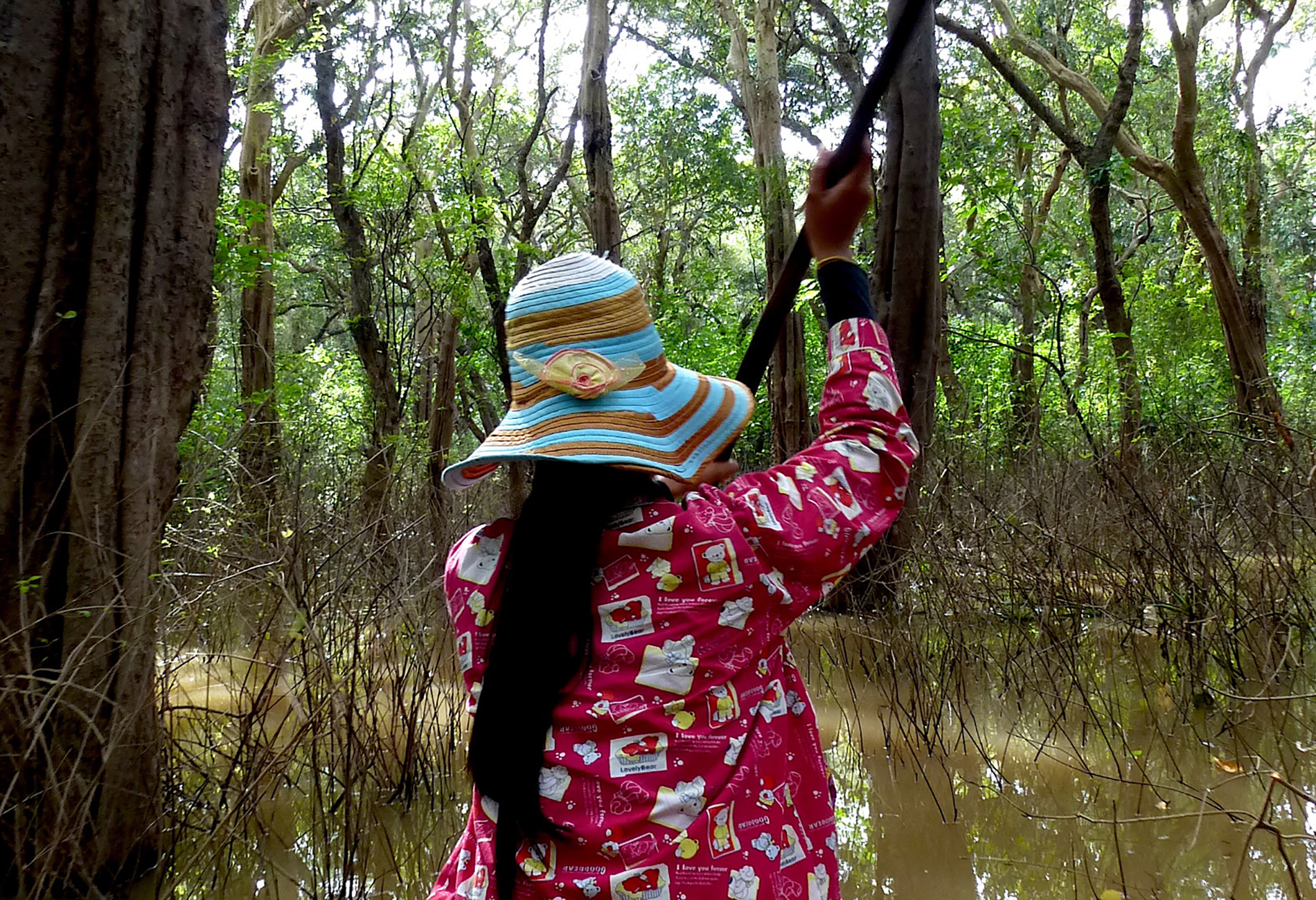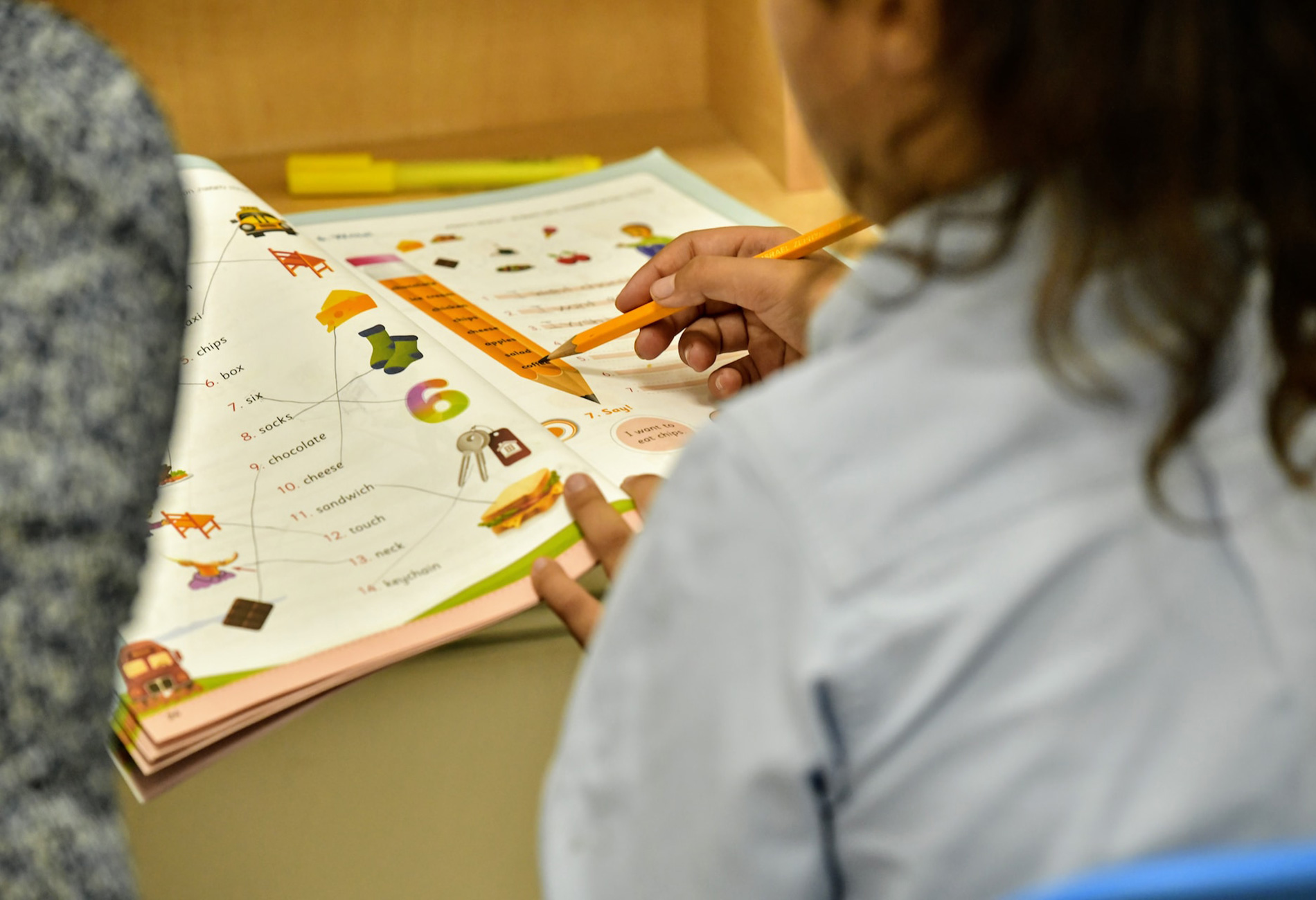Supporting social impact & innovation, one story at a time.

notre mission
Azickia est un fonds de dotation qui vise à renforcer la tolérance et l’ouverture sur le monde et soutenir l’accès à de meilleures conditions de vie et opportunités pour toutes et tous.
Financements de projets à impact sociétal et social
Chaque année, Azickia soutient financièrement des projets à impact social en France et dans le monde sur trois thématiques principales : la santé, l’éducation et l’égalité des genres. Chaque projet est sélectionné avec attention et répond à une problématique sociale par une solution durable et un impact long-terme.
Un magazine constructif et engagé
Notre magazine, ILA (Inspire, Learn, Act), est fondé sur les principes du slow journalism et du journalisme constructif. Nous publions du contenu long format et inspirant en privilégiant la qualité à la quantité. Notre ambition est d’encourager nos lecteurs et lectrices à retrouver l’espoir et reprendre le temps de s’informer sur le monde.
notre mission
Encourager plus de tolérance et d’ouverture sur le monde et soutenir l’accès à de meilleures conditions de vie et opportunités pour toutes et tous.

Financements de projets à impact sociétal et social
Chaque année, Azickia soutient financièrement des projets à impact social en France et dans le monde sur trois thématiques principales : la santé, l’éducation et l’égalité des genres. Chaque projet est sélectionné avec attention et répond à une problématique sociale par une solution durable et un impact long-terme.

Un magazine constructif et engagé
Notre magazine, ILA (Inspire, Learn, Act), est fondé sur les principes du slow journalism et du journalisme constructif. Nous publions du contenu long format et inspirant en privilégiant la qualité à la quantité. Notre ambition est d’encourager nos lecteurs et lectrices à retrouver l’espoir et reprendre le temps de s’informer sur le monde.
nos projets
Nous soutenons des projets à taille humaine qui s’engagent sur plusieurs enjeux – la santé, l’éducation, la culture, l’émancipation des femmes… – avec toujours au cœur de leur mission : l’humain, la notion d’empowerment et l’amélioration de la qualité et des conditions de vie pour chacun.e.
ila magazine
Culture, voyage, bien-être, féminismes… Découvrez ILA (Inspire, Learn, Act) notre magazine constructif et engagé, édité par Azickia.
